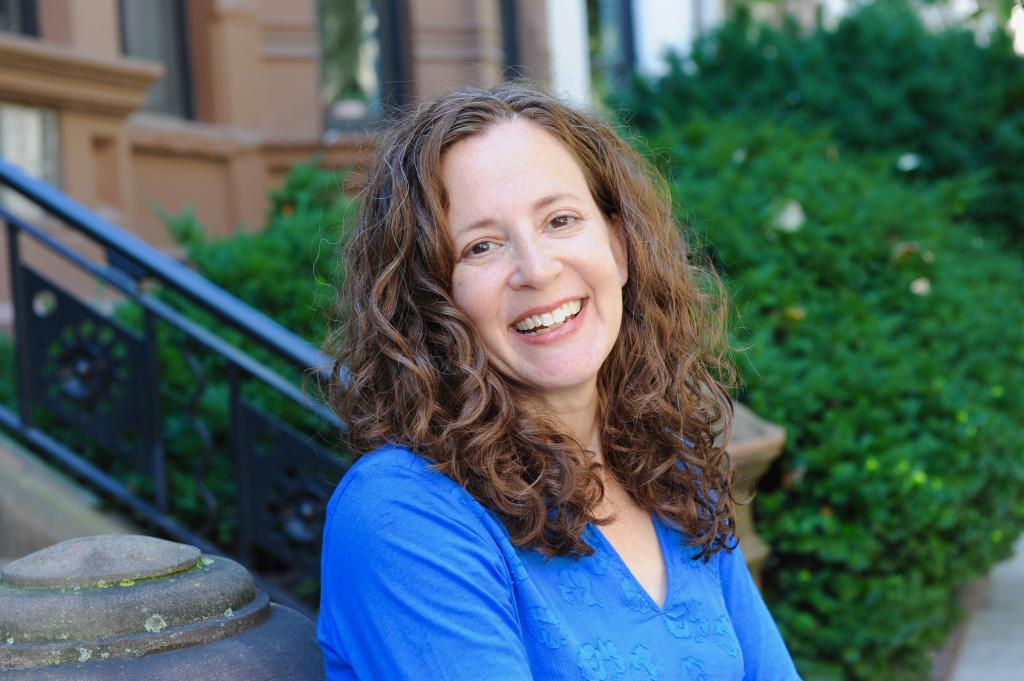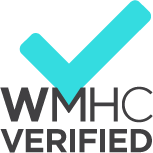Clinical Social Work/Therapist, LCSW-R, M.A.

9178468210
mintzlcsw@gmail.com
Website
 Clinical Social Work/Therapist
Clinical Social Work/Therapist
New York
140 W 79th St #2a
NEW YORK, NY 10024
Google Maps
Telephone: 9178468210
Michelle Mintz, LCSW-R, M.A., holds two Master’s degrees from New York University—one in Clinical Social Work and another in Counseling and Guidance, with a specialization in counseling women.
She completed analytic training at the American Institute for Psychoanalysis and worked in the Trauma Treatment Program at the Karen Horney Clinic. Michelle holds a certificate in Family and Couples Therapy from the Institute for Contemporary Psychotherapy’s FACTS program, where she now teaches, supervises, chairs the Curriculum Committee, and serves on the Executive Committee. At FACTS, she supports therapists-in-training and teaches about parenting children with learning differences and neurodivergence, and working with neurodivergent couples. She also holds a certificate in Eating Disorders, Compulsions, and Addictions from the William Alanson White Institute.
In her New York City practice, Michelle works with individuals, couples, and families. She has a special focus on supporting neurodivergent individuals and couples. Michelle sees college students, young adults, parents, and those affected by trauma. She works closely with parents raising children with learning or developmental differences—including those on the autism spectrum—as well as with siblings navigating the impact of a brother or sister’s learning and/or developmental challenges.
Michelle also provides clinical supervision and finds deep meaning in mentoring newer therapists as they grow in their work.